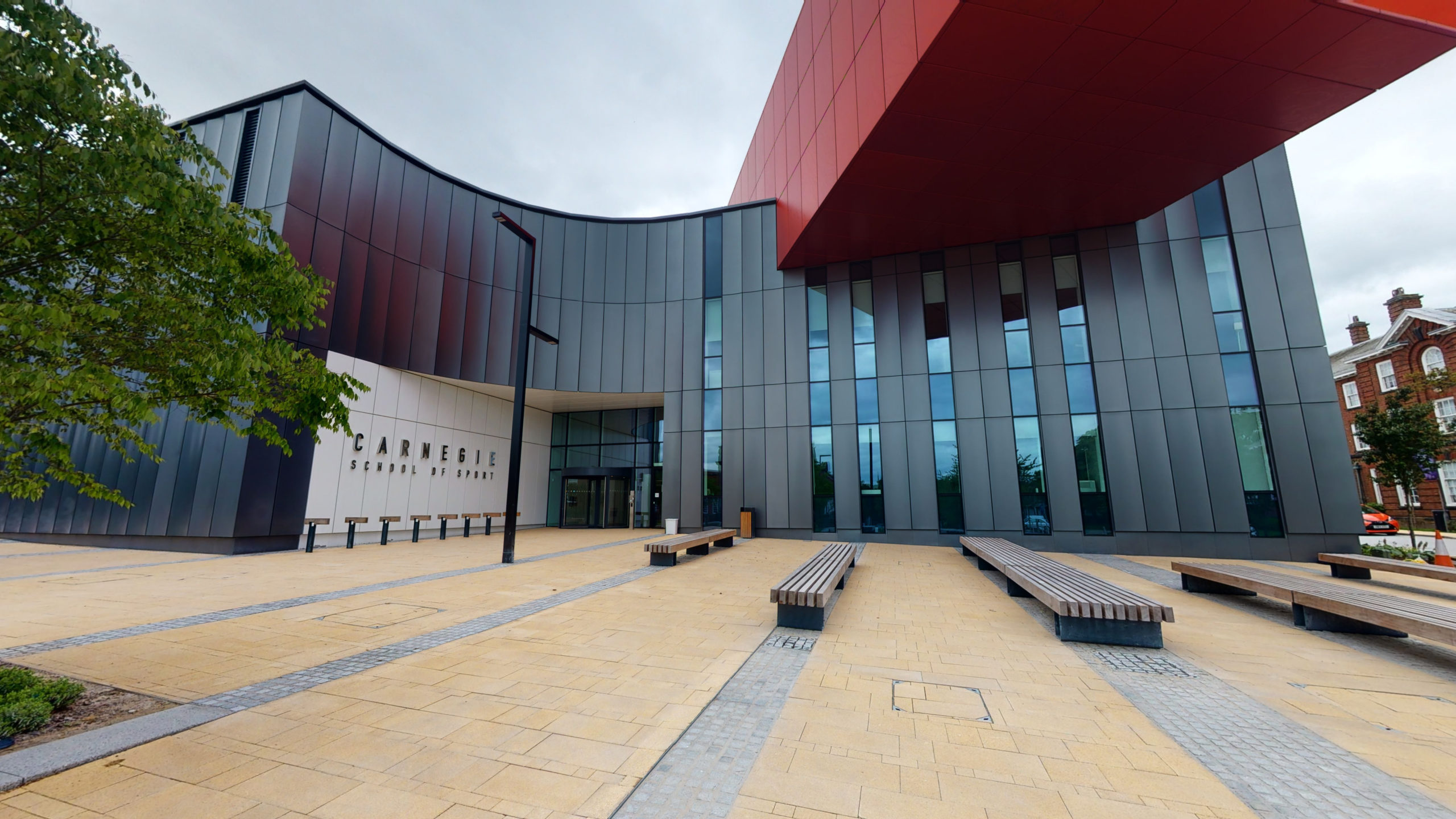- ...
Postgraduate Studentships - Search for funding opportunities.
Postgraduate Studentships - Search for funding opportunities.
This course provides an opportunity for those working, or intending to work, in sport, exercise, recreation and applied areas to upgrade their professional and academic skills, expertise and knowledge. You will initially select modules in the traditional areas of physiology, psychology, biomechanics and sport and exercise nutrition. Mandatory core modules include Research Methods and Research in Practice. Two electives are available in discipline-based modules which allow a more detailed consideration of the contributions of biomechanics, exercise physiology, physiology, psychology and nutrition to the study of sport and exercise.Once enrolled on the course you will have the opportunity to apply for a range of sport science internships. If you are successful these roles would provide you with an opportunity to gain experience in applied sport science working under supervision with the University’s sports teams, sporting partners and elite performers, whilst studying for a Masters degree.Sport & Active LifestylesAt Leeds Beckett we’re passionate about sport. There’s a huge range of sports and activities for you to get involved in, including more than 40 sports clubs. If you’d like to find out more about what we have to offer – including our Carnegie Sports Scholarship Scheme – take a look at our Sport & Active Lifestyles website.
Requirements:Applicants should either have at least a second class honours degree in the cognate subjects of Sport & Exercise Science, Physical Sciences, Engineering, Physics, Biomechanics, Physiotherapy, Physical Education, Human Physiology, Biochemistry, Dietetics, Nutrition, Medicine or Sports Therapy, at least a second class honours degree in a non-cognate subject supported by evidence of an aptitude for the subject applied for, or have equivalent experience or training, normally from within the work environment.
For fees and funding information please see our website
Our course enables you to develop an advanced level of subject knowledge and research experience, as well as a comprehensive range of transferable scientific and vocational skills. As a consequence, your career choices may include leading sport science support programmes for teams and elite athletes, community sport, involvement in physical activity initiatives or interventions with the NHS and clinical populations, along with employment in national governing bodies and organisations.
Health Promotion Specialist
Sports Performance Analyst
Community Sports Coach
Healthy Lifestyle Officer
Research Methods (20 credits)
This module focuses on the design of research projects as a way of answering questions and solving ‘real world’ problems in a reliable and valid manner.
This module aims to develop a comprehensive knowledge and critical understanding of the structure and function of the main human systems during exercise. It will also develop competence in laboratory data collection techniques, as well as the evaluation and interpretation of data.
This module aims to provide you with the opportunity to understand the major aspects of kinematics, kinetics and other biomechanical techniques such as electromyography. You will also become familiar with the use of biomechanical equipment and develop the ability to study motion by applying biomechanical principles to collected data.
This module aims to develop a good theoretical understanding of the current sport nutrition necessary to become a good sport and exercise practitioner. It introduces the general principles, concepts and underpinning theory in nutrition necessary for the development of nutrition strategies.

Studying a postgraduate course lets you develop a deeper understanding of your chosen subject. This has the potential to significantly increase your ...
Sign up to Postgraduate Studentships
Sign up to compare masters
Thanks for making your selection. Click below to view your comparisons.